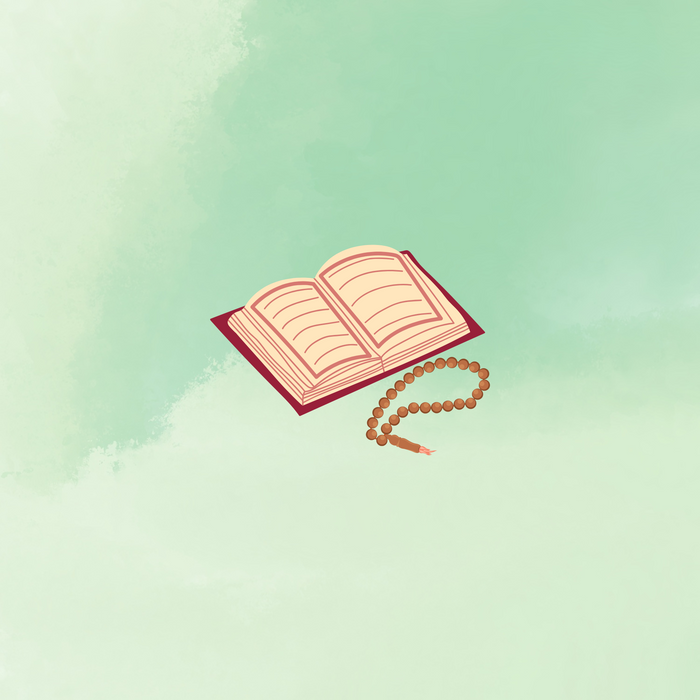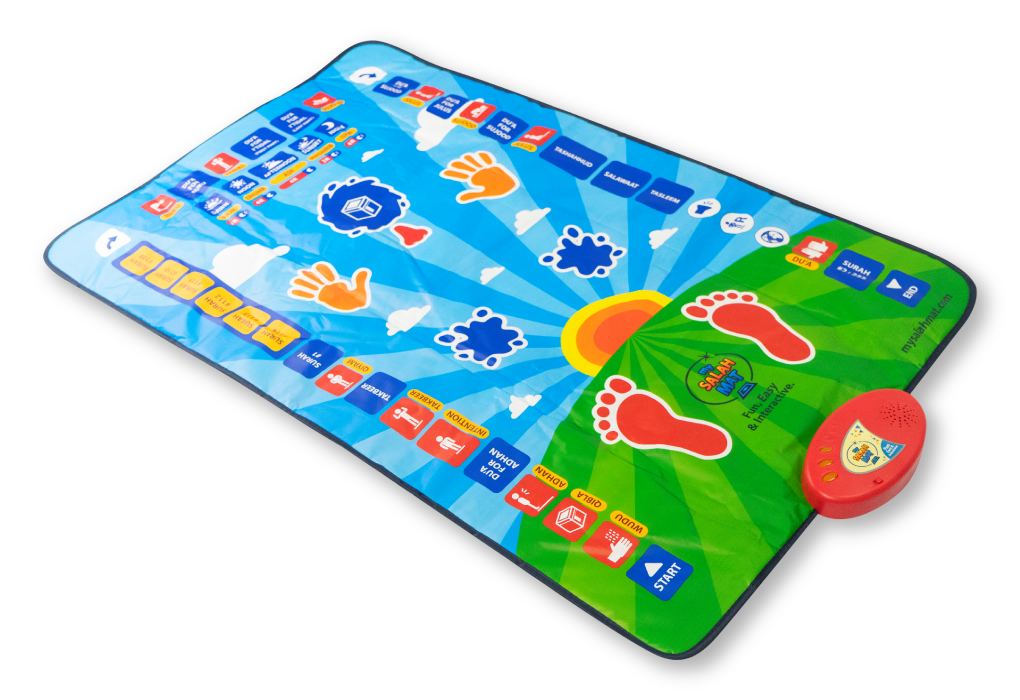How to Complete the Qur’an During Ramadan

Ramadan is the month of the Qur’an, and it's a beautiful time to reconnect with its message. One highly recommended goal during this month is to complete a full reading of the Qur’an. This practice is rooted in the Sunnah, as it is authentically reported that the Angel Jibreel (peace be upon him) would revise the Qur’an with the Prophet Muhammad ﷺ every Ramadan.
Ibn Abbas (may Allah be pleased with him) narrated:
“Jibreel used to meet him every night during Ramadan to teach him the Qur’an.”
— Bukhari 3554
Abu Hurayrah (may Allah be pleased with him) also reported:
“Gabriel would review the Qur’an with the Prophet ﷺ once every year. In the year of his passing, he reviewed it with him twice.”
— Bukhari 4998
This shows the strong connection between Ramadan and the recitation of the Qur’an. That said, it’s important to note that completing the entire Qur’an during Ramadan is highly recommended but not obligatory.
Why Finishing the Qur’an in Ramadan Matters
The tradition of revising the Qur’an in Ramadan goes back to the time of the Prophet ﷺ. Following this example not only brings reward but strengthens our relationship with the Qur’an during the month it was revealed. Ramadan offers the perfect atmosphere for reflection, discipline, and consistent worship.
How Many Pages Are in the Qur’an?
If you’re using the Medina Mushaf, each Juz’ (section) is 20 pages long. With 30 Juz’, that makes 600 pages in total. Dividing this into manageable daily reading sessions makes it easier to complete the Qur’an in 30 days.

4 Easy Qur’an Reading Schedules for Ramadan
Here are four practical ways you can divide your daily reading, based on your schedule and energy levels.
1. Read After Every Salah (Most Popular)
-
Read 4 pages after each of the 5 daily prayers.
-
Total: 20 pages per day = 1 Juz’
-
This is the most balanced method and fits naturally into your day.
2. Read Twice a Day (Fajr and Asr)
-
Read 10 pages after Fajr and 10 pages after Asr.
-
Ideal for those who have quiet mornings and a pause in the late afternoon.
3. One Sitting Per Day
-
Read all 20 pages in one session, ideally after Fajr when your mind is fresh.
-
Perfect if you prefer to get it done early and move on with your day.
4. Finish Before Maghrib (My Preferred Method)
This approach helps you avoid late-night readings when you’re tired from Taraweeh or preparing for Suhoor.
Suggested breakdown:
-
After Fajr – 4 pages
-
Mid-morning (before Dhuhr) – 4 pages
-
After Dhuhr – 4 pages
-
After Asr – 4 pages
-
Before or after Maghrib – 4 pages
Tips to Stay Consistent With Your Qur’an Reading
-
Choose a time that suits your energy levels.
-
Set a daily reminder or pair your reading with Salah.
-
If you miss a day, catch up across the next two days instead of giving up.
-
Focus on understanding and reflection, not just completion.
Your Intention Matters Most
Whichever method you choose, remember that consistency and sincerity are what count most. Completing the Qur’an is a beautiful goal, but so is engaging deeply with the words of Allah. Do what you can and make du’a for ease and acceptance.















 Liquid error (snippets/@AlternatingContentX line 127): Could not find asset snippets/CustomTexts-.liquid
Liquid error (snippets/@AlternatingContentX line 127): Could not find asset snippets/CustomTexts-.liquid